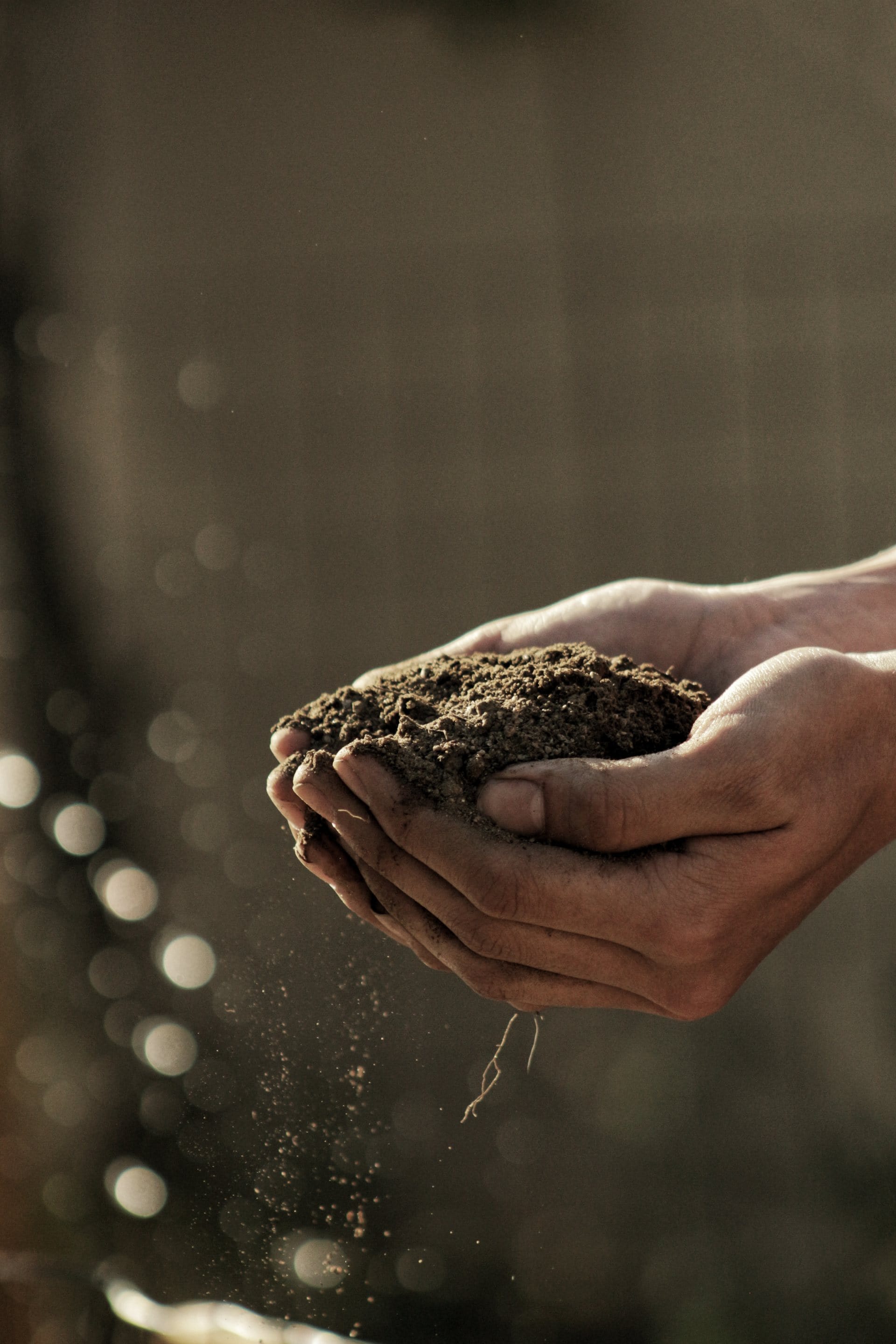7 Effective Methods to Enhance Soil Quality in Permaculture
Antony Thilak W |
22 May, 2023 |

Permaculture, a holistic approach to sustainable living, emphasizes the interconnectedness between nature and human communities. Central to permaculture is the cultivation of healthy soil, which serves as the foundation for thriving gardens and self-sustaining ecosystems. Neglecting soil quality can lead to frustration and subpar results for gardeners, often resulting in the unnecessary use of herbicides. However, by dedicating time and effort to improve soil quality, we can establish a robust and flourishing environment for crop growth. Here, we present seven impactful methods for enhancing soil quality in permaculture:
1. Composting: Composting is a highly effective practice that enriches soil with organic matter, beneficial bacteria, and essential nutrients. By collecting kitchen scraps, yard waste, and other organic materials, you can create a compost pile or bin. Over time, the organic matter breaks down into nutrient-rich compost that can be added to the soil. Regularly turning the compost helps accelerate the decomposition process and ensures a well-balanced mixture. Composting not only enhances soil fertility but also reduces the amount of solid waste requiring disposal.
2. Mulching: Mulching is a powerful technique for improving soil structure and moisture retention. Applying a layer of organic mulch, such as wood chips, straw, or leaves, on the soil surface provides numerous benefits. Mulch acts as a protective barrier against erosion, suppresses weed growth, regulates soil temperature, and conserves moisture by reducing evaporation. As the mulch breaks down, it gradually adds organic matter to the soil, improving its overall health and fertility.
3. Cover Cropping: Cover cropping involves planting specific crops that contribute to soil health during fallow periods. These crops, known as cover crops or green manure, are typically selected for their ability to fix nitrogen, add organic matter, suppress weeds, and prevent soil erosion. Legumes, such as clover or vetch, are commonly used as cover crops due to their nitrogen-fixing properties. When the cover crop is ready to be turned into the soil, it becomes a valuable source of nutrients and organic matter, enhancing soil fertility and structure.
4. Crop Rotation: Implementing a systematic rotation of crops is a vital element of permaculture design. Crop rotation involves growing different plant species in a specific sequence over multiple seasons. Each crop has unique nutrient requirements and contributes to or extracts different nutrients from the soil. By rotating crops, you can avoid depleting specific nutrients and reduce the risk of pests and diseases that tend to target specific plant families. Furthermore, certain crops, such as legumes, can fix nitrogen into the soil, enriching it naturally.
5. Soil Testing: Regular soil testing is essential for understanding the nutrient composition and pH level of your soil. Soil tests provide valuable insights into any deficiencies or imbalances that may be present. You can obtain soil testing kits from local agricultural extension offices or use online services. Once you receive the results, you can make informed decisions about adjusting nutrient levels and pH through targeted amendments. This ensures that your soil provides an optimal environment for plant growth and maximizes nutrient availability.
6. Water Management: Efficient water management is integral to permaculture practices, as it aids in water conservation and minimizes runoff. Implementing techniques such as rainwater harvesting, swales, and drip irrigation helps maintain soil moisture levels, supporting healthy plant development and reducing water waste. Rainwater harvesting involves capturing and storing rainwater for later use, reducing reliance on municipal water sources. Swales are shallow ditches or channels that collect and distribute water across the landscape, preventing erosion and promoting infiltration. Drip irrigation delivers water directly to the plant's root zone, minimizing evaporation and ensuring efficient water use.
7. Natural Fertilizers: Embracing natural fertilizers, such as compost, manure, and vermicompost, offers a chemical-free method to supplement soil nutrients. Compost, derived from organic waste materials, provides a well-balanced blend of nutrients and organic matter. Manure, obtained from livestock or poultry, adds valuable nutrients and microbial activity to the soil. Vermicompost is created by decomposing organic matter by earthworms, producing a nutrient-rich amendment. These natural fertilizers enhance soil fertility, improve microbial activity, and foster a balanced ecosystem within the soil.
By incorporating these seven methods into your permaculture endeavors, you can significantly enhance soil quality and create a more productive and sustainable garden. However, there are additional techniques that can further improve soil fertility. No-till gardening, for instance, involves minimal soil disturbance, preserving soil structure, and encouraging organic matter accumulation and beneficial microbial activity. Intercropping, the practice of cultivating multiple crops in the same area, promotes soil health, diversifies the ecosystem, and enhances nutrient availability. Furthermore, the incorporation of organic amendments, including compost, manure, and vermicompost, contributes essential nutrients and fosters beneficial microbial interactions, leading to improved soil fertility.
Conclusion:
In conclusion, for those seeking farm plots near Bangalore, the concept of permaculture presents an opportunity to engage in sustainable agriculture and create managed farmland near the city. By implementing practices such as composting, mulching, cover cropping, crop rotation, soil testing, water management, and the use of natural fertilizers, farmers can enhance the quality of their soil and establish a thriving ecosystem. These techniques not only improve soil fertility and structure but also contribute to water conservation, nutrient optimization, and reduced reliance on chemical inputs. By embracing permaculture principles and taking a holistic approach to farming, individuals can cultivate productive and sustainable farmland near Bangalore.
Embrace the potential of these techniques and take the first step towards cultivating a healthier, more resilient, and food-secure future through permaculture. By nurturing and enriching our soil, we establish the groundwork for vibrant ecosystems and sustainable agricultural practices.
